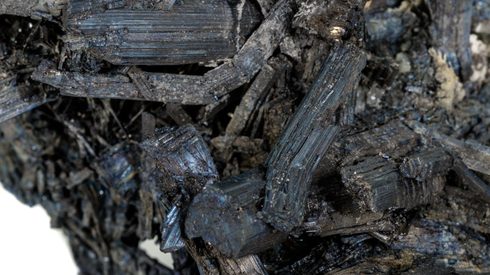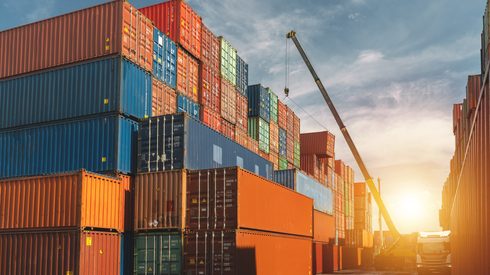I had an interesting discussion recently with some friends from a premier-league mining house, which over the years has demonstrated that they understand how to use the London Metal Exchange: they price their customer sales on LME formula, fixed-price or (mostly) average, and they weight their hedges according to the point of the cycle they feel the market is in. In other words, when they perceive the price to be high, they will over-sell, and when they believe it to be low they will under-sell, or, indeed, even sometimes buy, if it’s low enough.
They deliver to the LME on occasion, and, frankly, have also in the past sold metal to LME brokers as part of warehouse finance deals. Over the years, they have tended to use the traditional LME broker community, largely through long-standing personal contacts.
Interestingly, though, they told me how they are currently being bombarded with approaches from banks, all telling them that these banks are now in the physical metals business, and could they please have a long-term contract for the purchase of metal.
Now, actually, I think that’s stretching the meaning of words. They may be in the physical business as far as buying metal and storing it is concerned, but, as I pointed out in a recent piece talking about Glencore, the true measure of the physical trader is in reliable delivery to end-user customers.
So do we really think that major banks, with their extremely tight internal credit procedures, are genuinely set up to make truckload deliveries of metal to consumers across Europe, the US and the Far East? There are certain exceptions – clearly there is one global bank which has a substantial physical metal trading operation, but that one is a business which grew up independently over years of understanding and exploiting the fuzzy line where futures and physical metals overlap.
And there may be some smaller, nimbler operations who can cope with the particular demands of the physical metal market. But major investment banks as metal traders? Personally, I doubt it.
But what I do think is happening is yet another appearance of the growing bubble.
Notwithstanding global economic woes, in fact looking at Q/E, probably because of them, there are huge amounts of cash floating around the world looking for a home.
Now, all of us in the metal business know how straightforward it is to turn metal into cash – hard commodities and dollar bills are two sides of the same coin. So why not do it the other way round? Lots of spare cash – why not buy metal? The price always goes up, doesn’t it? It’s a great hedge against looming worldwide inflation.
So we get the proliferation of buy and hold strategies, ETFs and all the rest; and in my view, banks in the physical business – as they claim – is just another manifestation of the same thing.
Is it a good thing? Well let’s not forget that it’s being brought to us by just the same institutions who brought us sub-prime mortgage trading. All postulated on the same theory – some things, like property prices and metals only go up in price.
I think that’s a naïve assumption, and has been proven definitely incorrect in the case of property.
In the case of metals, my feeling is that when the true levels of global stocks become apparent, then we will find that same holds true – prices can go down as well as up.
And while on the subject of banks, more generally, why is it that remuneration has risen over recent years at so much higher a rate than shareholder value, as represented by the share price? I know that’s a generalisation, and there are honourable exceptions, but I think it’s driven by something I’ve said before: banking is banking, trading is trading, and confusing the two is probably the wrong thing to be doing.






